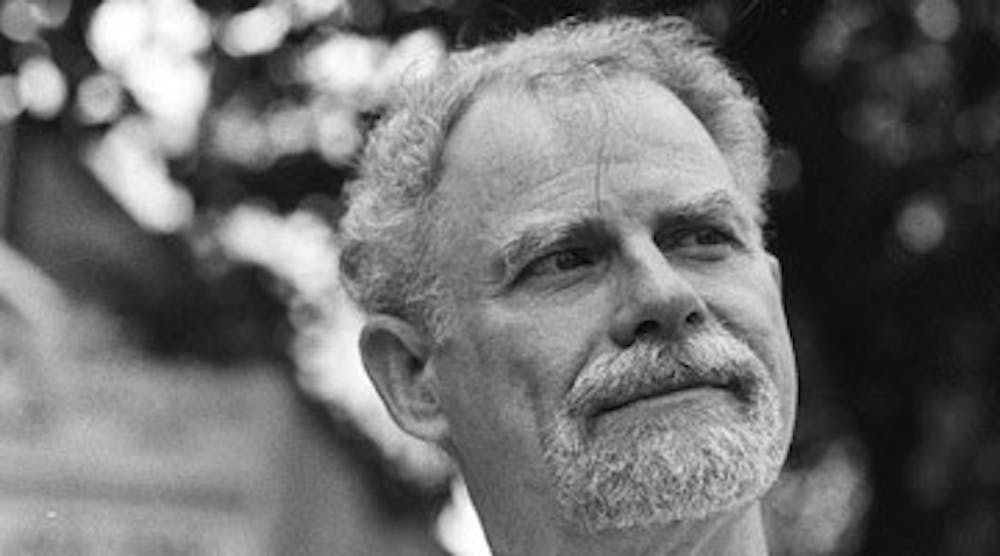
Paul Glover says cities are like armies, and Philadelphia is camped way too far from its sources of supply - the average ingredient in a Philadelphia meal comes from 1,500 miles away.
To shorten that distance - and to bring a little color to the city's drab, urban neighborhoods - Glover founded the Philly Orchard Project, a nonprofit organization established this year that plants fruit and nut trees on vacant lots in Philadelphia.
The project works to improve the value of impoverished neighborhoods; studies show that cleaning vacant lots increases local property values.
The project also increases local food production as residents in neighborhoods are free to pick food for themselves or use the orchards for commercial enterprises.
There are similar projects in Detroit, Los Angeles, Austin and Vancouver, but Glover says that Philadelphia's 20-percent poverty rate, along with rising energy and shipping costs, have especially given this city's poor a "food-security" crisis.
And with no shortage of vacant lots - 40,000 in total - Glover's organization and its trees have lots of room to grow.
"It has grown at a good rate. We've grown to a few hundred volunteers," said the project's vice president, 23-year-old Phil Forsyth, who Glover calls the future of the project.
The organization has begun work on one orchard on S. 8th Street in South Philadelphia, but there are five or six more orchards that the project will begin working on this fall.
With limited manpower and resources, and only the fall and spring to work, this is a big step forward for the organization.
"We will do one planting each week this fall, and at that rate, it will take a few years per orchard," Forsyth said.
Forsyth, who has a background in urban agriculture and horticulture, sees urban forests and gardens as the future of the American city.
"I envision orchards in every neighborhood," he said. "This is my passion. I am passionate about transforming cities into productive places."
Philadelphia, with its vacant lots, its prime fruit-growing environment and its "already active, exciting urban agriculture scene" - as Penn professor and the president of the project's board Domenic Vitiello calls it - is a perfect place for the orchards to flourish.
Vitiello sees the project as part of a "food-justice movement" dedicated not to greening and aiding the already wealthy suburbs of cities like Philadelphia, but the "North, South and West Phillys" of the world.
The Daily Pennsylvanian is an independent, student-run newspaper. Please consider making a donation to support the coverage that shapes the University. Your generosity ensures a future of strong journalism at Penn.
DonatePlease note All comments are eligible for publication in The Daily Pennsylvanian.





